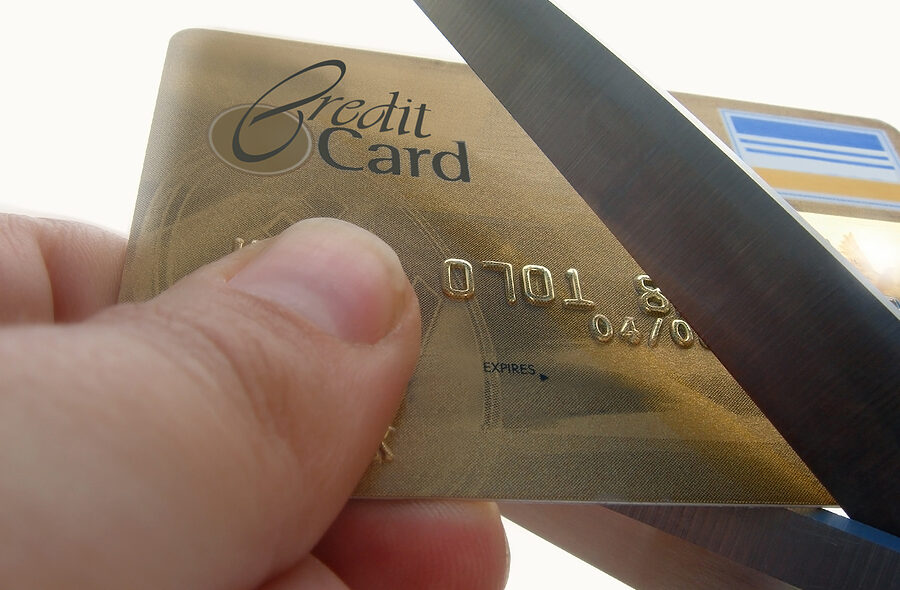 Filing for personal bankruptcy still carries a powerful stigma in this country. However, a divorce, death of a spouse, or severe medical illness can place a well-meaning consumer into an endless cycle of debt. There is a sense of shame and failure that allows certain misunderstandings about the bankruptcy process to linger. With that being said, below are the top eight bankruptcy myths- DISPROVED!
Filing for personal bankruptcy still carries a powerful stigma in this country. However, a divorce, death of a spouse, or severe medical illness can place a well-meaning consumer into an endless cycle of debt. There is a sense of shame and failure that allows certain misunderstandings about the bankruptcy process to linger. With that being said, below are the top eight bankruptcy myths- DISPROVED!
1.) I will lose everything if I file for bankruptcy. Not true. Creditors do have the right to get some of their money back, but you will not “lose everything.” Some assets are protected from liquidation. For example, creditors usually cannot touch locked-in pensions, RRSPs or RRIFs. People are also generally allowed to keep modest amounts of furniture, clothing, tools of the trade, and even their car- if there is not too much equity in it.
2.) My friends will all find out that I have filed for bankruptcy. If assets are minimal, creditors are notified by mail and generally there is no notice in the paper. Bankruptcy filings are a matter of public record, but most people are not going to bother, not to mention pay the monetary search fee required. So unless you tell people, there is a pretty good chance that your friends, neighbors and co-workers will never know.
3.) My credit rating will be ruined if I file for bankruptcy. Even though a bankruptcy filing is not desirable on a credit report, if you are months behind on paying your bills and creditors are calling you, your credit score is likely already damaged. Filing for bankruptcy can provide you with a fresh financial start and put you back on track to rebuilding your credit score.
4.) Bankruptcy erases all your debts. Not true. Some debts cannot be discharged in bankruptcy. These include secured debts like mortgages or car loans, alimony, spousal and child support obligations, court fines, claims arising from an assault and student loan debt- unless you can prove undue hardship.
5.) It does not cost anything to file bankruptcy. You may think that you should not have to pay to file bankruptcy, but bankruptcy trustees do not work for free. Their fees amount to around $1,500 and they typically get paid from the money that is freed up from the liquidation of the bankrupt’s assets.
6.) I will never be able to get credit again if I file for bankruptcy. A bankruptcy notation will remain on your credit report for six years following the discharge. But there’s no need to fear, many individuals that have filed are able to get a secured credit and even a car loan shortly after their bankruptcy is discharged. Many lenders specialize in working with clients who have a less-than-stellar credit history.
7.) Filing for bankruptcy will destroy my spouse’s credit rating. A consumer bankruptcy filing is personal to the individual filing it. As long as your spouse did not co-sign or guarantee your credit cards or loans, his or her credit rating will not be affected by your filing.
8.) Filing for bankruptcy is not a big deal. Bankruptcy is a big deal. During the nine- to 21-month-period it takes to complete a bankruptcy and have your debts discharged, you will have to hand over total control of your finances to the bankruptcy trustee. It is important to meet with an experienced bankruptcy attorney who can assess your financial situation and advice you if bankruptcy is your best option. At Kingcade & Garcia, we offer free initial consultations for this. Bankruptcy laws were designed to give people a fresh financial start and wipe their slate clean.
Click here to read more on eight popular bankruptcy myths disproved.
If you are in a financial crisis and are considering filing bankruptcy, contact an experienced Miami bankruptcy attorney who can advise you of all of your options. As an experienced CPA as well as a proven bankruptcy lawyer, Timothy Kingcade knows how to help clients take full advantage of the bankruptcy laws to protect their assets and get successful results. Since 1996 Kingcade & Garcia, P.A. has been helping people from all walks of life build a better tomorrow. Our attorneys’ help thousands of people every year take advantage of their rights under bankruptcy protection to restart, rebuild and recover. The day you hire our firm, we will contact your creditors to stop the harassment. You can also find useful consumer information on the Kingcade & Garcia website at www.miamibankruptcy.com.



